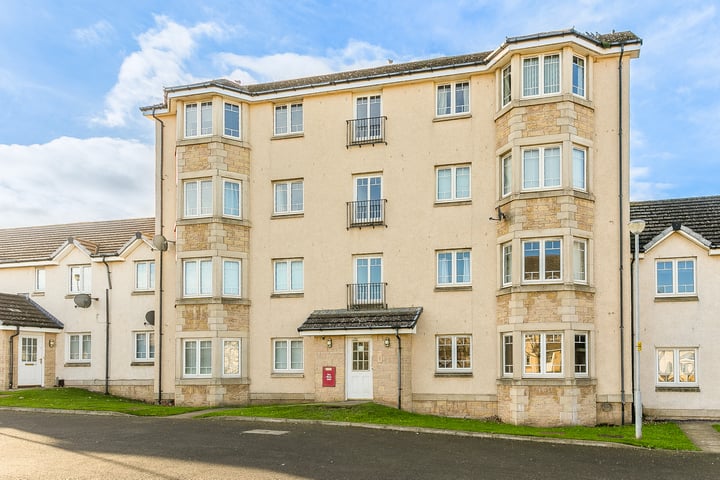A Closing Date is a day and time, set by the seller’s estate agent, by which time the seller’s agent must have received an offer from anyone who wishes to submit an offer on that property. Most often, buyers’ solicitors will fax the offer prior to the time of the closing date, on the day of the closing date.
Sellers’ estate agents or solicitor/estate agents will advise their clients to set a Closing Date when multiple potential buyers are interested in buying their property. The seller’s estate agent will know that there are multiple parties interested in purchasing the property because they have received multiple offers or multiple Notes of Interest.
The seller isn’t obliged to accept any of the offers that they receive at a Closing Date and isn’t obliged to accept the highest or ‘best’ offer on the table either. They can still choose which offer they like the best.
For solicitor/estate agents, Closing Dates are regulated by Law Society of Scotland guidelines. These restate the fact that, at a closing date, the seller is not obliged to accept any offer or indeed to accept the highest offer. However, they say that if the seller’s solicitor/estate agent enters into negotiations with any parties ‘with a view to concluding a bargain’ with that potential buyer, they cannot then enter into negotiations with another potential buyer until all negotiations are at an end on the original offer. If the seller insists on entering into negotiations with another potential buyer, the solicitor/estate agent has to withdraw from acting for the seller.
Just as with Notes of Interest, non-solicitor estate agents are obviously not bound by these Law Society of Scotland guidelines.
What Are the Benefits of a Closing Date Over Negotiating Multiple Offers?
The benefit of a Closing Date is that it allows the seller’s estate agent or solicitor/estate agent to get all of the potential buyers’ best offers on the table. This can be preferable to going backwards and forwards between multiple buyers, asking the buyers to submit their best offers but never being quite sure whether these offers are actually their final offer. Negotiating multiple offers out with a Closing Date environment can also be very difficult, particularly for solicitor/estate agents, again because of the Law Society’s guidelines on gazumping and handling closing dates.
A seller’s solicitor/estate agent cannot tell one potential buyer what the another has offered. However, the potential buyer tends to want to know this so that they can decide whether they can match or indeed beat the other offer that was received.
In addition, the seller’s solicitor/estate agent has to outright reject the original offer before they can start negotiating any further offers, even though there only might be a vague possibility that the further offer is better than the original offer. This leads to the potential of losing the original offer.
It also can cause all sorts of communication problems as the seller’s agent has to rely on the buyer’s representative to accurately communicate all of this to the potential buyer . This is done to avoid complaints from the potential buyer about entering into negotiations on their offer and then entering into negotiations on a further offer, contrary to Law Society guidelines. Even whilst I’m writing this I’m conscious of how confusing and counter-intuitive this all is when set against the basic principle that somebody can sell a property to whomsoever they like and that it’s a solicitor’s professional obligation to do the best they can for their client. So you can imagine the confusion that arises between, often non-legally qualified representatives and their clients over these issues.
The other benefit to property sellers is that an element of competition can creep in at a Closing Date. Potential property buyers generally are quite emotionally invested in a property by the time that they make an offer. The fear of losing out on something is almost as much of a driver for people as the enjoyment of getting something that they want. For some people, it’s an even more powerful driver. If multiple people are bidding, therefore, potential buyers will tend to add a little bit extra to the offer than if they were the only person offering.
Setting a closing date is simpler and cleaner than negotiating multiple offers at the same time. Everyone submits their best offer and the offer is either accepted or rejected. Unless the offer is ‘Subject to Survey’…
Are you thinking of selling your property? Start your selling journey here with a free home valuation by one of our expert property consultants at MOV8 Real Estate. Call us on 0345 646 0208 or email [email protected] to talk to one of our property experts.








Leave a Reply